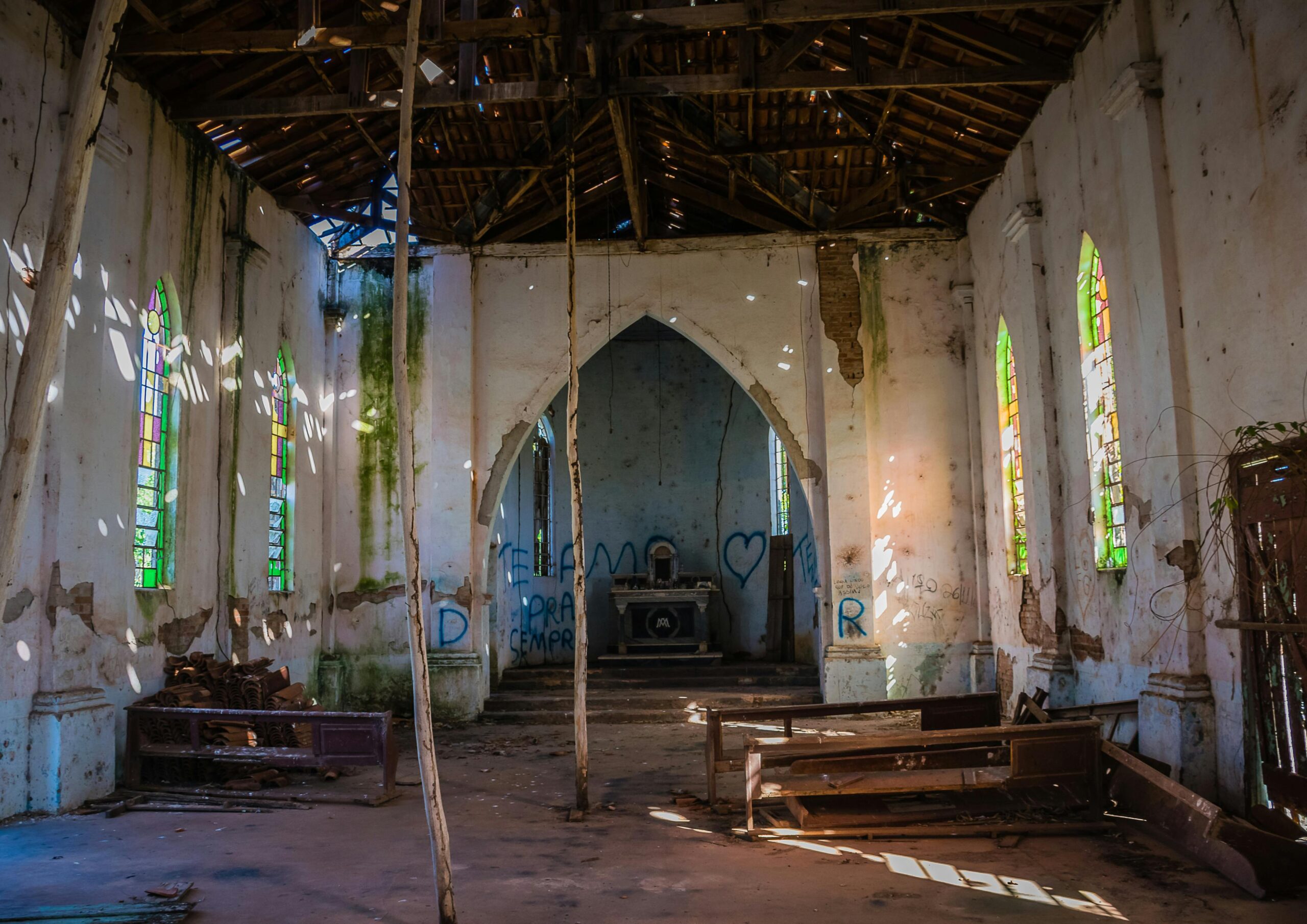Have you ever thought about what happens when a child’s first encounter with learning is not love but violence?
When the mark on their hand is not from a pen, but from a stick?
What kind of mental state will they associate with knowledge?
As a society, we have polluted the sacred act of learning with the ritual of violence.
Madrassas, which were meant to be centers of spiritual growth, have in many cases become centers of psychological fear.
And the greatest tragedy is that we justify this violence under the guise of “discipline” and “training.”
“Where the teacher beats, flowers of paradise bloom.”
You’ve probably heard this sentence at some point from a teacher, a mosque imam, or a school instructor.
But the real question is:
Can violence ever be a form of education?
Can a mind raised in fear ever learn to think freely?
Violence may appear to harm only the body, but its wounds go deeper leaving scars on consciousness.
It doesn’t just create fear, it breeds inferiority complexes, destroys self-confidence, and leads to long-term psychological trauma.
The recent viral videos are not a new or temporary issue.
According to one report, 83% of students in schools and madrassas have admitted to experiencing physical punishment.
The solution is not only to ban corporal punishment, but to train teachers.
They must be taught not just curriculum and Arabic grammar, but the fragility of the human mind, the psychology of children, and the responsibility of nurturing thought.
Cognitive training, emotional intelligence, and basic mental health awareness should be essential for every teacher.
Otherwise, instead of spreading knowledge, they will continue to spread wounds.
Abu Bakar Ahmad
